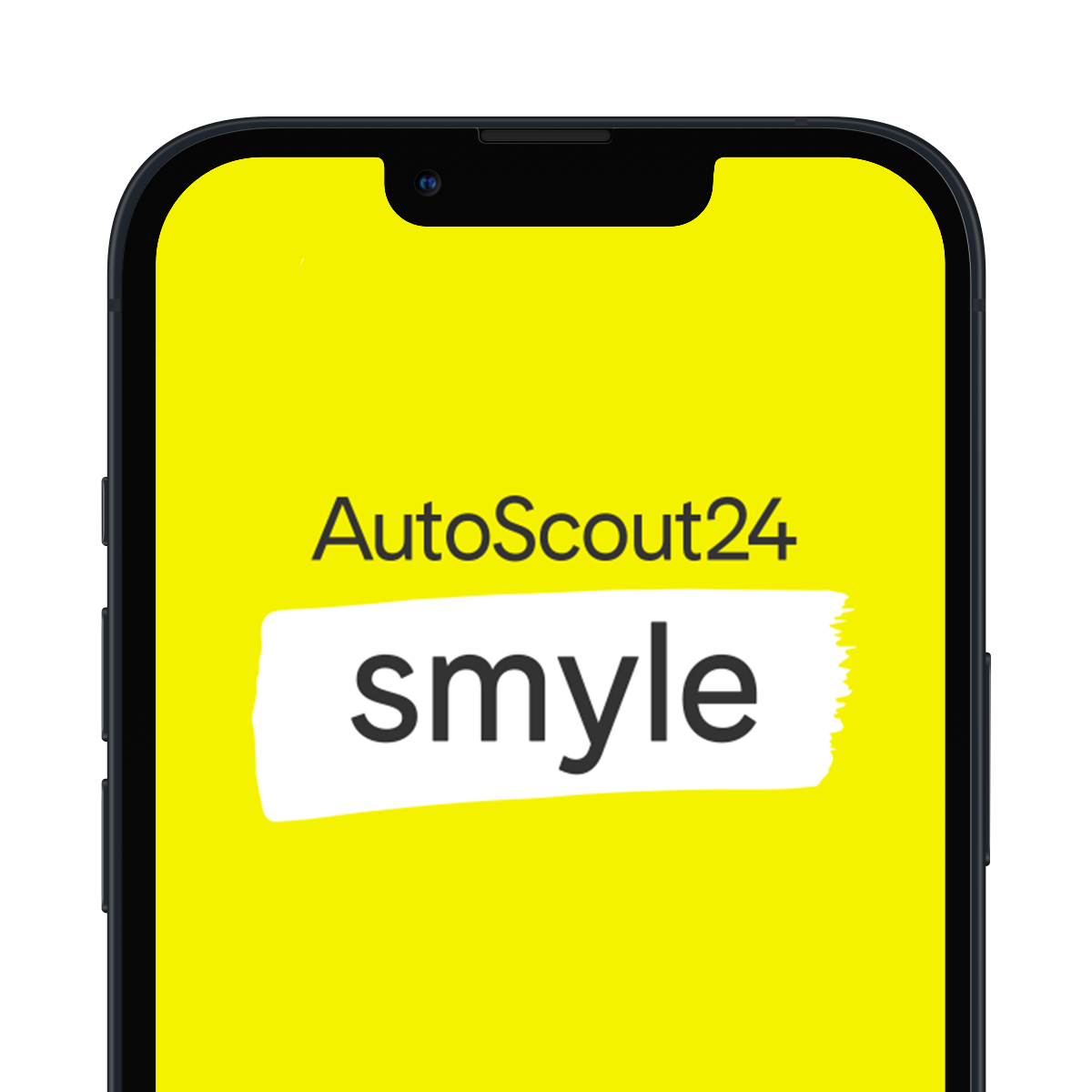Case Study / ATTRIBUTION TRACKING
Increased number of leads through an ideal attribution tracking setup

Background:
AutoScout24 is the largest pan-European online car market with over 30 million users per month, more than 43,000 dealer partners, and around 650+ employees. AutoScout24’s footprint includes the European core markets of Germany, Belgium, Luxembourg, the Netherlands, Italy, France, and Austria. With 18 language versions and more than 43.000 associated dealers, AutoScout24 is represented in all important European markets.
One of their latest features, recently launched as a minimum viable product (MVP) is the AutoScout24 smyle feature – an innovative business model for Germany, where users buy the car online and get it delivered to their doorstep, fully insured.

The challenge:
The solution:
In AutoScout24’s new attribution tracking concept, we compress the many lead events into one, pass important secondary information as parameters, add partner parameters and add an extra level of lead event. We also took the opportunity to update/extend their tracking and include AutoScout24 smyle, their new app feature. This way, the paid media channels have an ideal event optimization setup with the flexibility to identify the one channel that brings the lowest cost and best results. First and foremost, ad automation can be leveraged. Secondary information can be analyzed by the team. Furthermore, the channels can now create dedicated campaigns to promote AutoScout24 smyle.


It is mission-critical for our consulting agency to count on Adjust’s expertise since our clients’ marketing tech stack includes the latest technologies and implementing attribution tracking cross-tools brings completely new challenges that require the best professionals to find new solutions together.”


Former Marketing Consultant at Customlytics
Highlights:
This project is special because it highlights the importance of understanding the concept and function of the different marketing technology tools existing in the marketing tech stack market and creating a data tracking concept that matches the function of each tool. The learnings from this project apply especially to e-commerce & marketplaces, which have several different categories of products and would like to increase the lead generation or sales not only for one type of product but their product range in general.



Chosen as AutoScout24’s mobile measurement partner, we quickly implemented our Adjust SDK to provide accurate data collection and robust event tracking across AutoScout24’s various products. Since then, AutoScout24 has gained actionable insights into its campaigns across products and can confidently optimize based on the reliable data provided. Additionally, our client-facing teams ensure ongoing support with the latest education and integrations.”


CS Lead at Adjust
Future
Since this is an ongoing campaign we will update this Case Study with current numeral insights soon.
Solution
Attribution Tracking
Market
Germany
Industry
Automotive



